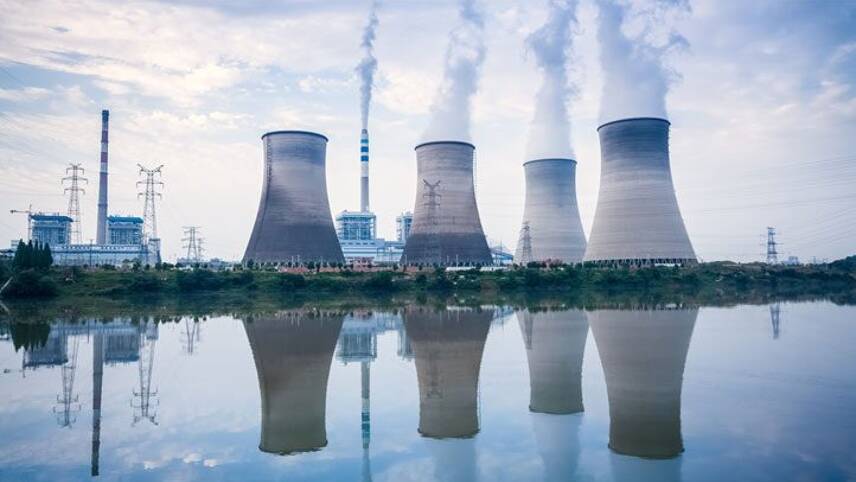Register for free and continue reading
Join our growing army of changemakers and get unlimited access to our premium content

The ETC has published new data exploring the roles of NDCs in delivering decarbonisation rates that are required as part of the Paris Agreement. NDCs are submitted by countries to ratchet up national climate pledges to account for the latest levels of decarbonisation. They establish emission reduction targets for 10-year periods and the next submissions are due next year.
The ETC is calling on governments to raise ambitions, by working with industry to set quantifiable roadmaps, ahead of COP30 next year.
The ETC notes that current NDCs will only reduce global greenhouse gas emissions by 6 GtCO2e of emissions savings per year by 2035. However, a 1.5C-aligned pathway would require a 23-30 GtCO2e reduction by 2035.
As such, the ETC believes an “NDC 3.0” approach can help triple global climate ambitions and bridge the action gap on decarbonisation.
“Industry has rapidly scaled up manufacturing and deployment of clean energy technologies with existing policy support and commitments,” the ETC’s chair, Adair Turner said.
“Higher ambition in the next round of NDCs at COP30 has the potential to reinforce and accelerate this positive feedback loop. Collaboration between industry and government to commit measurable, deliverable, and investable plans is key to driving action.”
NDC 3.0 would require “clear and detailed roadmaps” for climate action that are backed by strong government policies. These would include quantitative targets for GW of renewables, and time-based phase-outs for polluting vehicles.
Revamped NDCs would also need to cover all sectors and create granular targets for emissions reductions, while also spurring investment plans for clean energy markets and outlining the required levels of finance to deliver on reductions.
Late last year, the ETC warned that achieving the goals outlined as part of the Paris Agreement would be unattainable unless there is a commencement of immediate efforts to reduce fossil fuel emissions to net-zero by mid-century.
That was prior to negotiations at COP28 and the Commission advocated for global consensus during the two-week summit to swiftly reduce both the demand for and supply of all fossil fuels.
At the World Leaders Summit at COP28, more than 100 countries signed up to a commitment to keep the 1.5C pathway of the Paris Agreement alive by pledging to triple global renewable capacity and doubling energy efficiency by 2030, alongside another key pledge to phase out emissions from methane. However, separate research from the Climate Group has found that policy barriers are still holding back clean energy deployment levels.
According to the ETC, if governments chose to reflect existing policy commitments made at COP28 in their NDCs, overall ambitions could triple, delivering around 18 GtCO2e of mitigation per year in 2035.
Biennial Transparency Reports
In a bid to enhance transparency regarding national efforts to deliver the Paris Agreement, the UN has set up the Enhanced Transparency Framework. Under the Framework, nations are required to submit biennial transparency reports (BTR) every two years, with the first submission due by 31 December 2024.
BTRs require data and information that details progress toward NDC and sub-policies and measures, including climate change adaptation plans, financing levels, technology deployment and capacity building efforts.
Speaking at the UN Climate Meetings in Bonn today (10 June) Executive Secretary to the United Nations Framework Convention on Climate Change, Simon Stiell, spoke of the need to deliver the BTRs as part of the “machinery of the Paris Agreement”.
“BTRs help to shine a light on progress. They tell us if the machinery is working, how it is performing, whether we are reaching our Paris Agreement goals,” Stiell said. “Or, are the lights flashing red on the console? Do we need to make repairs or upgrades to get it working faster?
“The incoming COP Presidency has asked Parties to submit their BTRs ahead of COP29 in Baku, where possible. Preparing these reports isn’t just about ticking a box. Knowledge gained will help countries make informed choices, set ambitious goals, and unlock the finance needed to support them.”


Please login or Register to leave a comment.